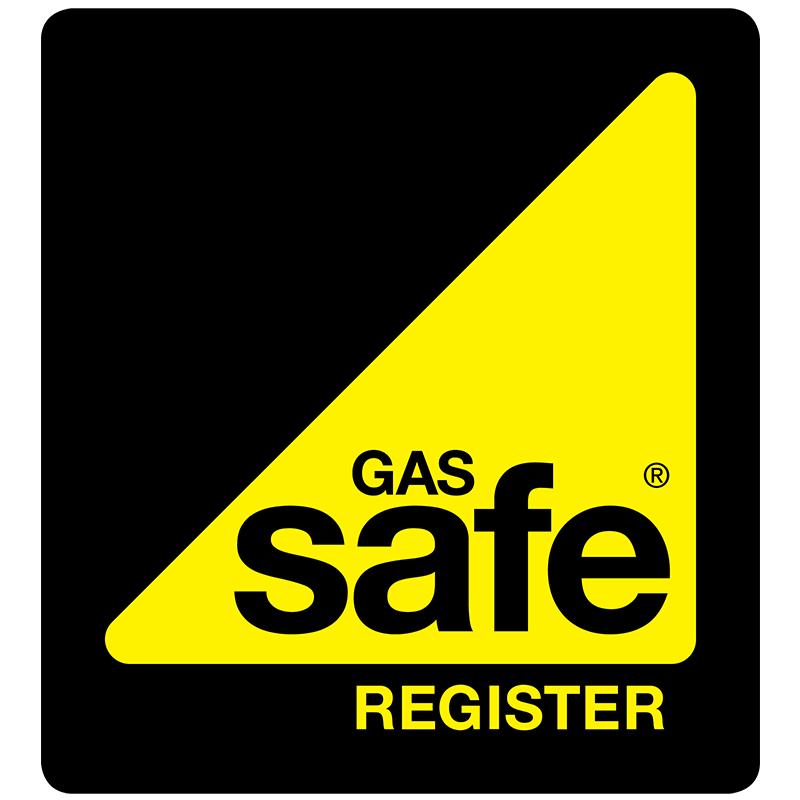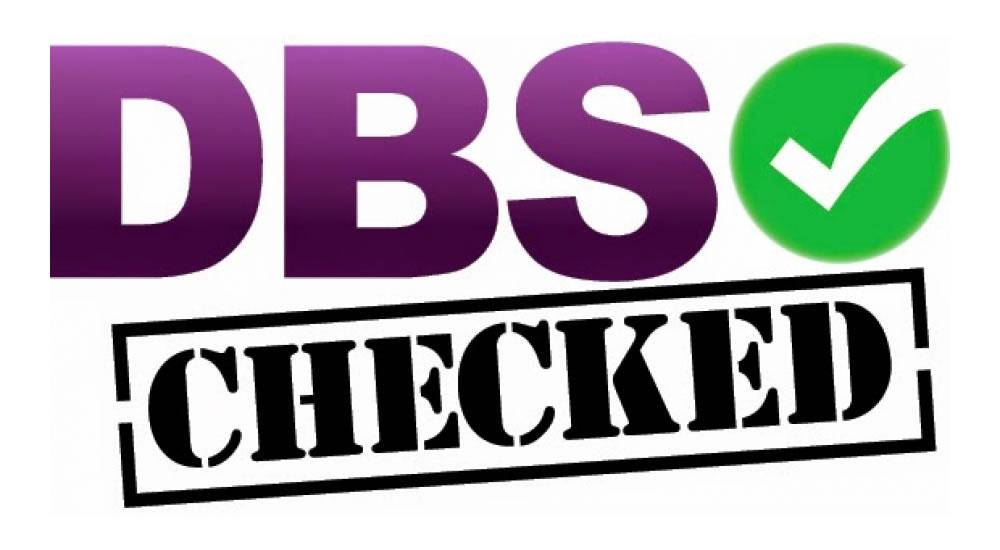A build-up of deposits in your heating system can cause severe harm leaking pipes and burst radiators, amongst other problems that would be costly to repair. Carrying out a power flush on your heating system could well be the most effective way stop the progress of any of these problems and also help to prevent them from happening in the future with the use of regular power flushing, increasing the lifespan of your heating system.
But how do these deposits build up in the first place? What are these deposits?
As water flows through your heating system, corrosion can occur between the inside of your pipes and radiators. Water contains oxygen that is released when the water is heated and pumped around the heating system, this oxygen can react with the steel components within, creating iron oxide, commonly known as rust to build up. Alongside this, due to various other materials used within heating systems, the water can also cause a reaction with those as well, causing a further build-up of sludge.
Additionally, water (in particular ‘hard’ water) contains high levels of calcium and magnesium salts. Although these natural minerals may be good for the human diet, they are not good for your heating system. These calcium and magnesium salts are broken down and released from the water when it is heated, leaving it behind in your pipes and radiators, forming what is known as Limescale.
Over time, all these different deposits; iron oxide (rust), Limescale and other deposits build up in your heating system and can cause all sorts of deterioration and problems that may be costly to repair or even replace.
Check out our other blog posts explaining how you can tell that your heating system needs a power flush, including tell-tale signs you should look out for.
Book your Power Flush today with Power Flush Wizard, we can provide you with a FREE no obligation quote. To get your Power Flush quote today fill in our quick and simple quote form and one of our friendly team will get back to you with a quote.













